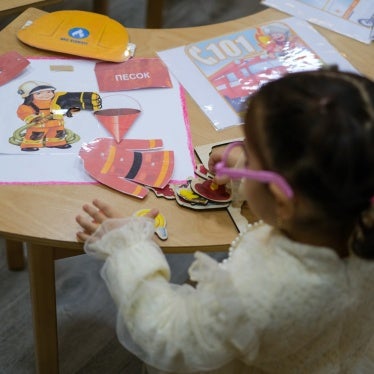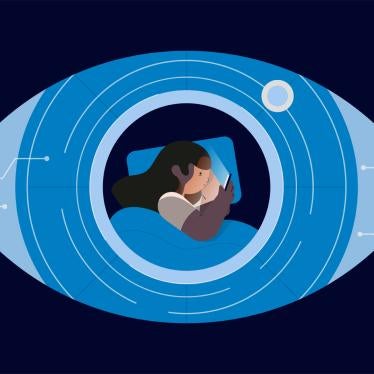I recently met Juan, a young man from Argentina with intellectual disabilities, who was told he was “uneducable” by teachers at the schools attended as a child. Yet here he was, years later, now a university student, sharing a stage with me as part of a panel discussion on the right to education for children with disabilities at the United Nations in Geneva.
Taking the floor after him, I shared Human Rights Watch’s findings that children and young adults with intellectual disabilities and multiple disabilities face numerous forms of discrimination: from children with disabilities who are institutionalised and placed in special schools classrooms in Russia, to girls with intellectual disabilities in India who have no access to any education programs.
The Committee on the Rights of Persons with Disabilities – the group of UN experts overseeing governments’ implementation of this treaty – has a pressing task this week: to clarify what governments must do, in law, policy, and practice, to guarantee the right to inclusive education.
Discussions in Geneva showed that Human Rights Watch’s findings are emblematic of the situation in many more countries. For example, many governments often stop providing free primary or compulsory education at a certain set age. But this discriminates against people with disabilities who often begin their education at an older age than people without disabilities. They first must overcome multiple systemic barriers and discriminatory practices which deny them an education.
We have found that children and young adults with disabilities who attend secondary education or access higher education or vocational training are prevented from studying certain subjects. Entry into university is often compromised by access requirements that have nothing to do with academic capacity – like tests of physical or sensory ability to take an entrance exam.
Unlike many, Juan and his family fought back and successfully challenged his schools’ discriminatory assumptions. He’s now studying literature at university.
But not all education systems allow children the opportunity to fight back. The Committee should reinforce governments’ obligations to guarantee that the current generation of young adults are able to go to school. Governments should review the quality of education provided to children and young adults. Education must adequately prepare them for life. And crucially, governments should remove barriers that stop many young people with disabilities from getting a good quality education. Many young people like Juan count on it.







